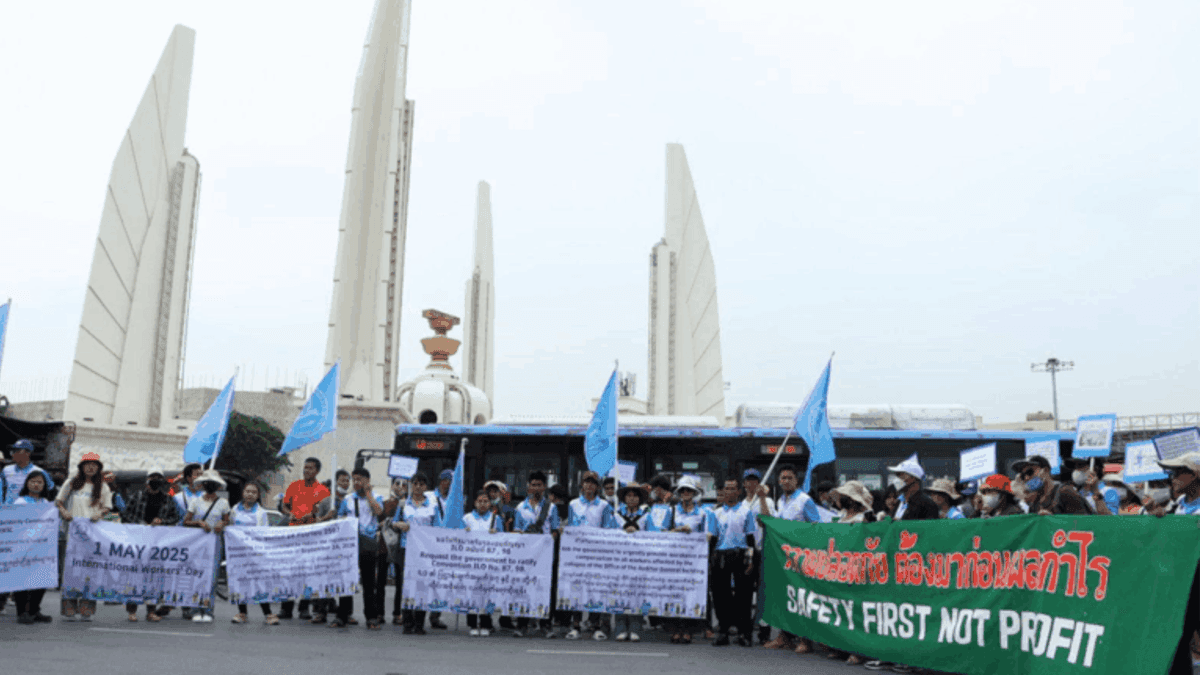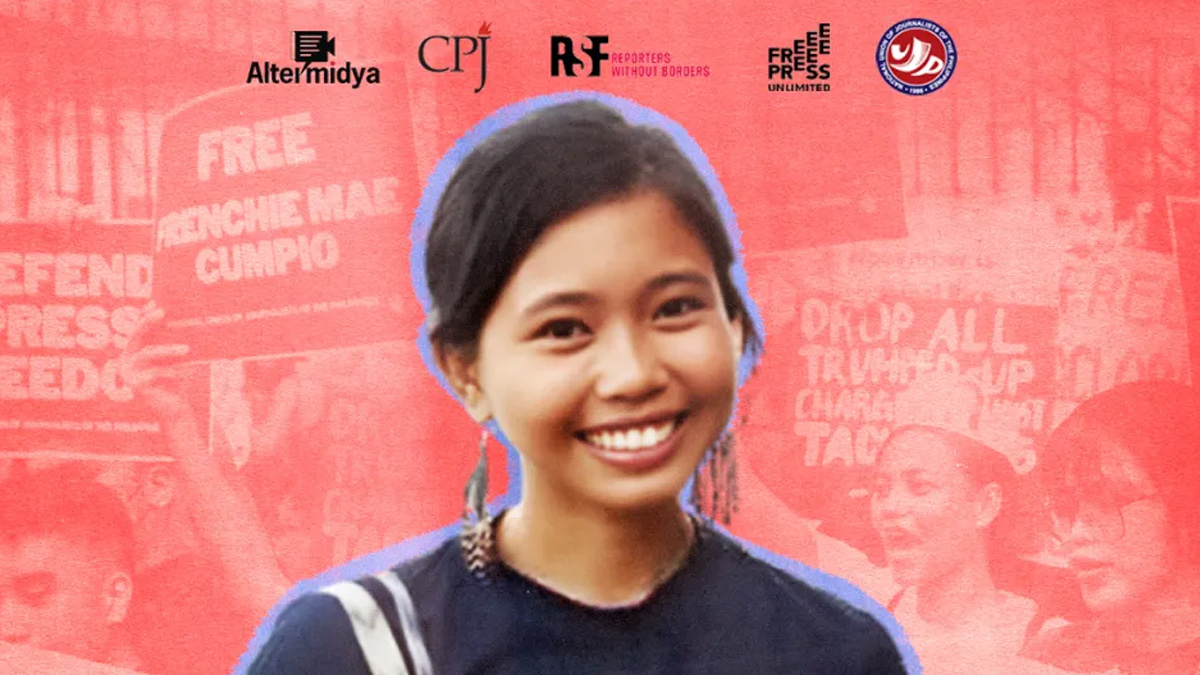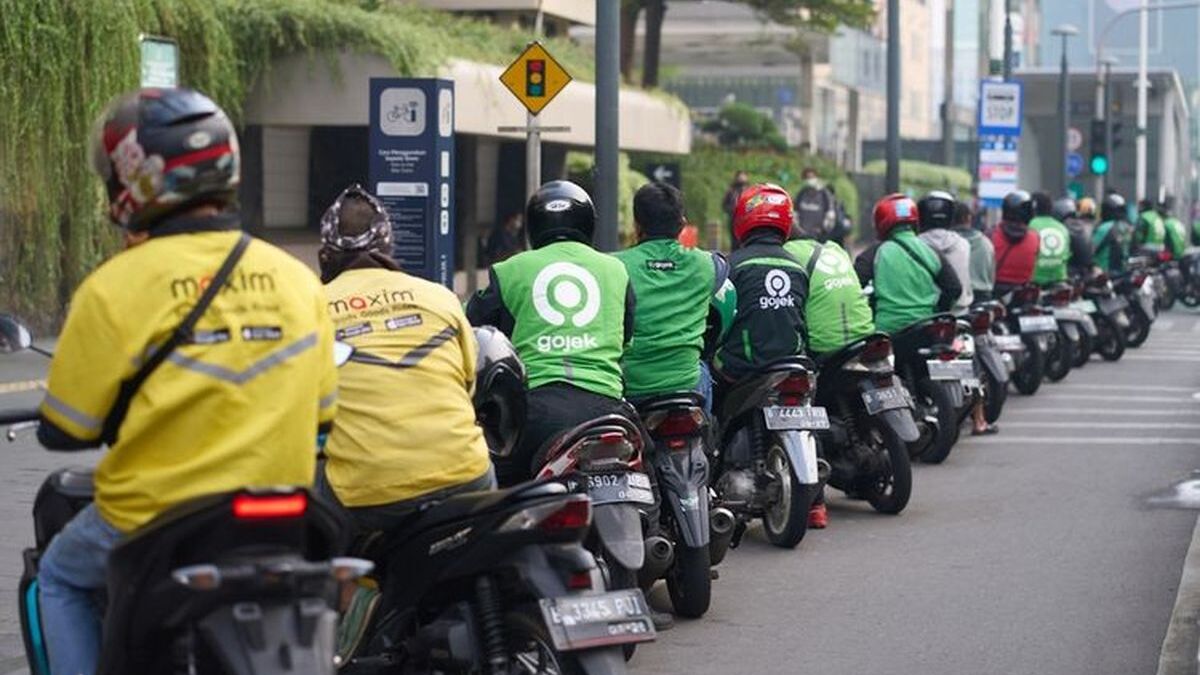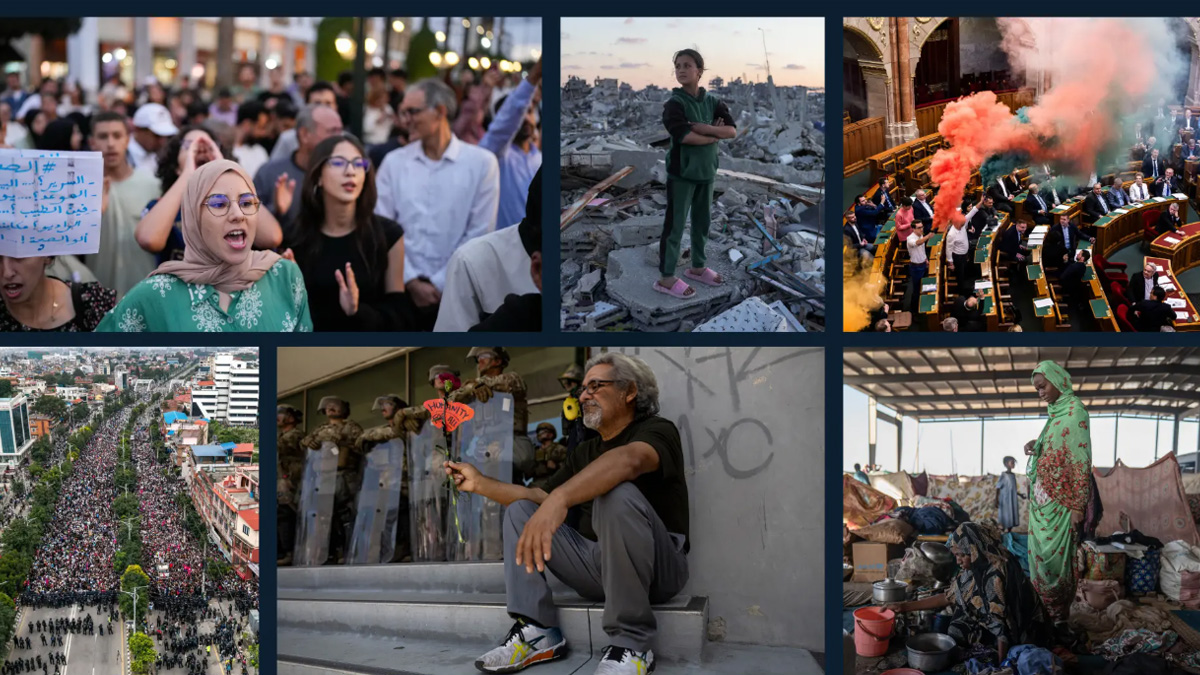Myanmar workers mark May Day with calls for fair pay, union rights, and an end to conscription
On International Workers’ Day, Myanmar’s labour movement renewed its demands for fair wages, the right to unionise, the release of detained workers, and an end to forced military conscription, despite ongoing repression by the junta.

- Myanmar’s labour movement marked May Day by calling for fair pay, union rights, release of detained workers, and an end to conscription.
- Workers face repression, arrests, and exploitation, with many forced to migrate under risky conditions.
- Activists argue genuine democracy requires workplace democracy and stronger labour rights.
Myanmar’s labour movement marked International Workers’ Day on 1 May 2025 by restating its demands for fair pay, the right to unionise, freedom for detained workers, and an end to forced military conscription.
Despite years of repression, activists say workers remain determined to fight for dignity, safety, and equality, even as the political climate grows increasingly hostile.
Workers under repression
Since the military coup attempt of February 2021, the junta has intensified crackdowns on worker-led activism.
Labour leaders have been jailed, while employees calling for fair treatment risk threats, dismissals, or even violent retaliation. Employers often exploit the lack of enforcement of labour laws, knowing workers have little protection.
Many activists argue that these abuses reflect how the regime’s economic mismanagement has worsened already difficult conditions. Inflation has surged, basic goods are unaffordable, and wages remain stagnant.
Junta’s May Day message
From Naypyidaw, junta chief Min Aung Hlaing delivered a May Day speech encouraging workers to seek employment within Myanmar rather than migrating abroad.
He claimed that the regime was creating domestic jobs and improving safety. But workers and labour groups dismissed these statements as disconnected from the daily hardships they face.
For many, the worsening economic crisis and the looming threat of forced military conscription have made local employment untenable.
Fear of forced conscription
The junta’s announcement in February 2024 of a sweeping conscription drive has amplified anxieties.
Workers report fears of being taken directly from workplaces or while travelling home after night shifts.
As a result, growing numbers are seeking jobs overseas—often illegally—in the hope of avoiding military service.
Yet migrating carries its own risks. Those abroad face exploitative employers, deportation threats, and pressure from Myanmar’s authorities, who require at least 25% of foreign income to be channelled through junta-controlled banks at below-market rates.
Failure to comply can result in revocation of passports or worker identity cards. Migrants returning without documents risk immediate conscription.
History of resistance
Myanmar’s working class has played a significant role in the country’s political struggles.
After the February 2021 coup attempt, industrial workers—particularly from Yangon’s garment sector—were among the earliest to protest.
Women workers in particular joined demonstrations, facing deadly crackdowns. On 14 March 2021, at least 65 people were killed in Hlaing Thar Yar, one of the bloodiest days of repression.
Even before the coup, labour rights were limited, but reforms during Myanmar’s brief transition period had allowed some space for progress. Minimum wage laws and limited union recognition were introduced.
Under military rule, however, these gains have been reversed, leaving workers with fewer protections than before.
Calls for international accountability
The Federation of Garment Workers Myanmar and other labour organisations are appealing to global brands and investors.
They urge multinational companies to abide by the UN Guiding Principles on Business and Human Rights, ensuring fair pay, safe conditions, and the prohibition of forced labour.
Civil society groups also stress the responsibility of host governments. They call on countries receiving Myanmar migrants to halt deportations, provide legal work pathways, and extend protections to prevent exploitation.
Without such measures, advocates warn, workers risk abuse both abroad and upon returning home.
Looking ahead: labour and democracy
Labour activists argue that democracy in Myanmar must extend to the workplace.
They caution that removing the junta alone will not guarantee justice. Structural reforms are needed to dismantle systems that enrich elites at the expense of ordinary workers.
A joint statement from civil society organisations on May Day underscored that “genuine democracy must include workplace democracy.” It emphasised that future economic policies should prioritise workers’ rights over profit-driven models.
The statement warned that without this foundation, inequality would persist even after political changes.
Workers’ message of resilience
Despite repression, arrests, and economic hardship, Myanmar’s workers continue to resist.
Their May Day message was clear: a just future for the country must place the dignity and rights of the working class at its centre.
For labour groups, resilience in the face of threats is not only about wages or conditions but also about shaping the country’s broader struggle for democracy and justice.







